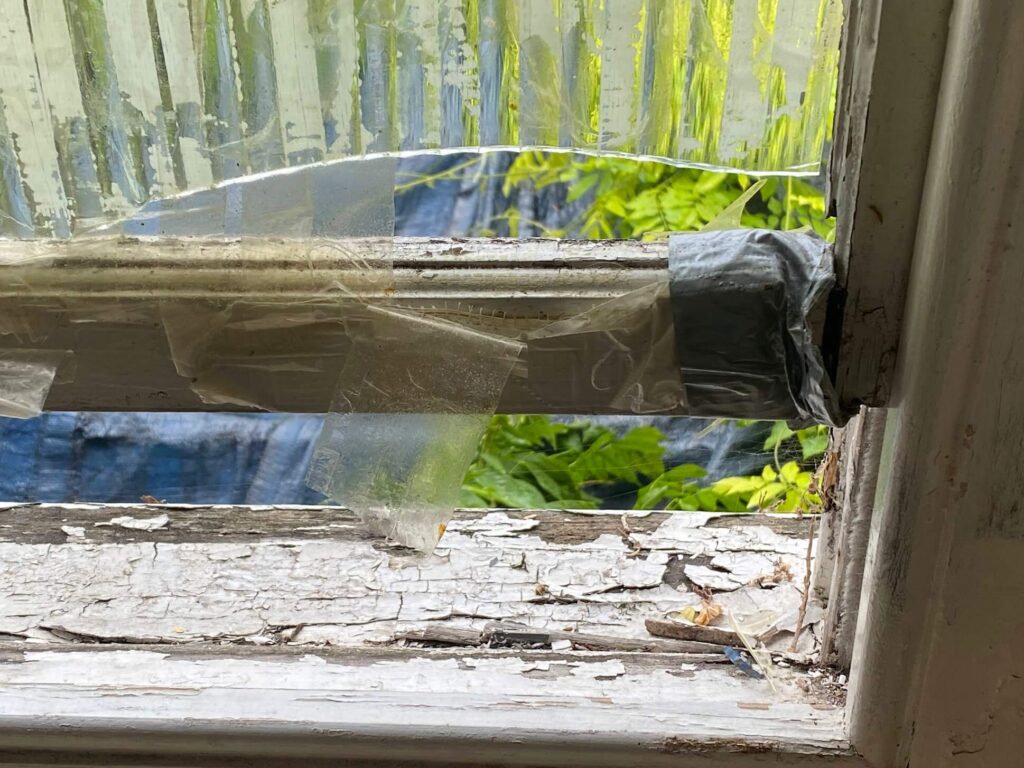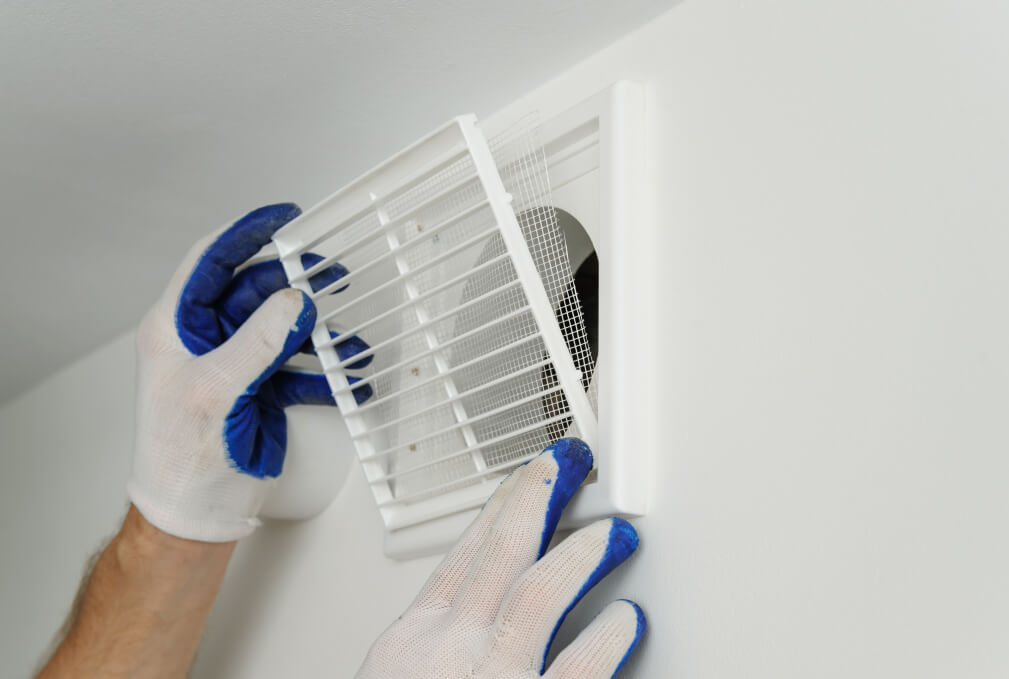
You may also find that older sash windows can be a little stiff! Sash window frames are also mainly wooden, which means they can swell depending on the weather conditions, causing opening issues.
Fear not; here we have outlined exactly how to open a sash window and what to do if you find that the one you are trying to prise open is well and truly stuck.
How do I open my sash window?
Opening Sash Windows
When opening a sash window, follow these steps:
- Hold the top sash in place with one hand. This will keep it from moving.
- With your other hand, gently push up on the bottom sash. Lift from the centre or sides. Avoid putting too much pressure on the corners.
- Raise the bottom sash smoothly upwards. Do not force the window open if it feels stuck.
For double-hung sash windows:
- Once the bottom sash is fully open, release the top sash.
- Gently pull down on the top sash while holding the bottom sash stable.
- Lower the top sash to create additional ventilation space. Be careful not to close the gap between the sashes.
Following this proper technique will allow sash windows to glide open smoothly and maximize fresh air circulation through the dual sashes. Take care when opening to avoid damage.
Is the sash still not opening?
Check for any window locks. Many sash windows have a locking mechanism to prevent unwanted opening. Unlock the window by locating and disengaging the latch.

If your sash window is not opening smoothly or is damaged, consider seeking professional help for repair. Attempting to fix it on your own may lead to further damage – however, if you are a DIY expert, here are some tips to help you open it up.
What can prevent the sash window from opening properly?
- Paint buildup – Over time, layers of paint can cause the sash window to stick and not open smoothly. Scraping off excess paint may help.
- Swollen wood – If the wood frames swell due to moisture or humidity, it can cause the window to stick and not open fully. Letting the wood dry out may help.
- Broken cords – Older sash windows often have counterbalance cords and pulleys that allow you to raise and lower the window. If these cords break, it will prevent the window from moving. Replacing the cords can fix this issue.
- Security stops – Some sash windows have small metal or plastic stops installed to limit how far the window can be opened.
- Weatherstripping – While sash windows draught-proofing provides insulation, if it is too tight, it can impede the window’s movement. Adjusting or replacing the weather stripping may help.
- Painted shut – Layers of paint between the sash and frame can cause them to stick together. Carefully cutting the paint and lubricating it can free the stuck window.
How to open the sash which has stuck because of paint buildup?

- Use a utility knife or paint scraper to gently break the paint seal between the sash and the frame. Run the blade along the edges to detach the layers of paint. Be careful not to damage the wood.
- Apply a lubricant like wax, bar soap, or gel lubricant along the edges and contact points between the sash and frame. This will help separate the sash and allow it to slide more easily.
- Try tapping the sash gently with a rubber mallet or hammer and a block of wood to break the paint seal. Don’t hit too hard, as you don’t want to damage the window.
- For excessive paint buildup, you may need to use a heat gun to soften the paint layers and then scrape away carefully. Be very cautious when using a heat gun.
- Once you get the window freed up, make sure to repaint using a high-quality primer and paint formulated for windows. This will help prevent sticking in the future.
- Open and close the window periodically to keep the paint from sealing it shut again. Consider limiting how many layers of paint build up over time.
- If the window still won’t budge, the paint layers may be too thick. At that point, it’s best to call in a professional window repair person to avoid damage. With the proper tools and techniques, they can safely open the stuck sash.
Go slowly and be gentle when freeing a stuck window to avoid damaging the wood or glass. Lubrication, tapping, heat, and scraping can help break the paint seal without harming the window.
What if my sash cord is broken, or the weather stripping is too tight, or the frame has swollen?
If your sash cord is broken, the weather stripping is too tight, or the window frame has swollen, it’s best to call a sash window specialist company for repairs. These issues can be a bit too advanced for a handyman and may require more time to research and learn how to properly fix than it’s worth.
Sash cord replacement involves removing the weights, routing new cord pulleys, and restringing the new cord properly so the balances are correct. This requires some specialized tools and knowledge.
Excessively tight weather stripping will need to be adjusted or replaced completely to reduce friction while still maintaining the seal. Determining the optimal stripping needed takes expertise.
A swollen window frame requires identifying and addressing the moisture source causing it, which may not be straightforward. Once dry, the frame may need sanding or planing to improve fit again.
Trying to DIY these repairs without experience risks damaging the sash window or not fixing the issues correctly. The cost of a professional sash window repair is warranted compared to the headaches and problems from an amateur attempt. Most companies have the right tools and skills to efficiently resolve broken cords, weather stripping problems, or swollen wood. Let the experts handle it so it’s done right the first time.
How do I fix a sash window that won’t stay open?
If your sash window doesn’t stay open, it may be due to a broken sash cord or a balance issue. It’s best to consult a professional for proper repair. Meanwhile, you can affix the sash in the open position using a screw.
Can I replace a broken sash cord on my own?
With adequate time and patience, a sash cord replacement is definitely within reach for a handy homeowner.
Just take it slow, and be sure to do your homework first! In the end, you’ll save money and get the satisfaction of a job well done.
Read more articles

Conservation area windows – Replacement and refurbishment
Conservation area windows – Replacement and refurbishment
The history of sash windows
The history of sash windows
Condensation on windows
Condensation on windows